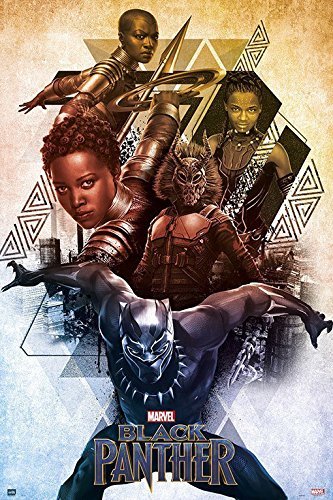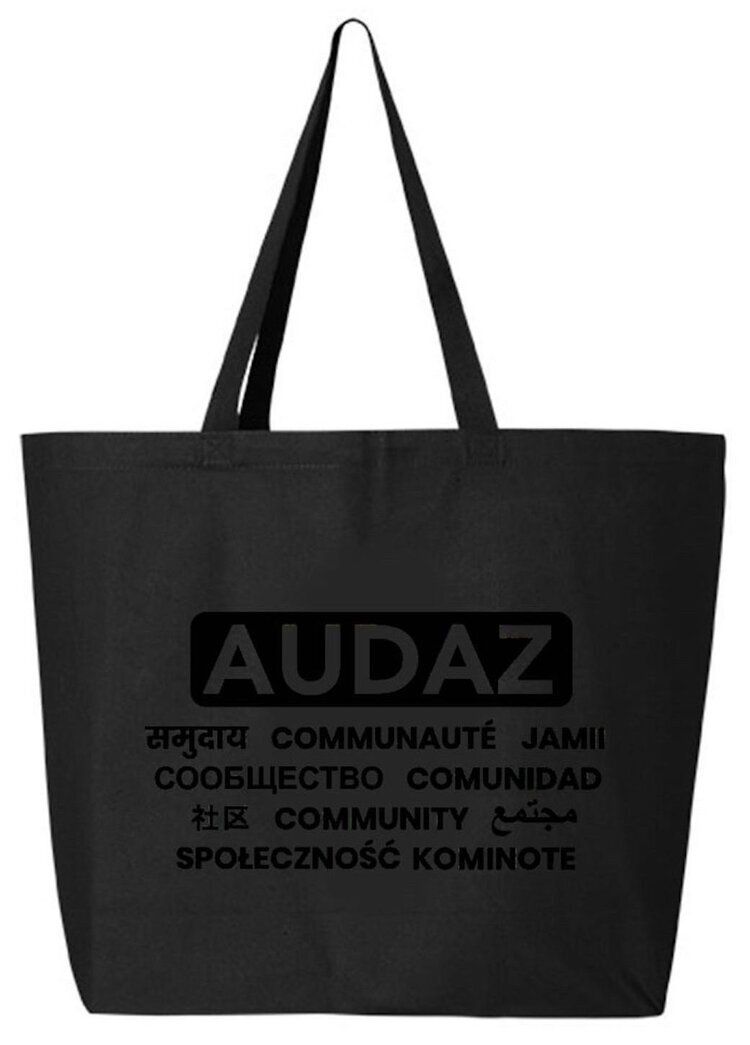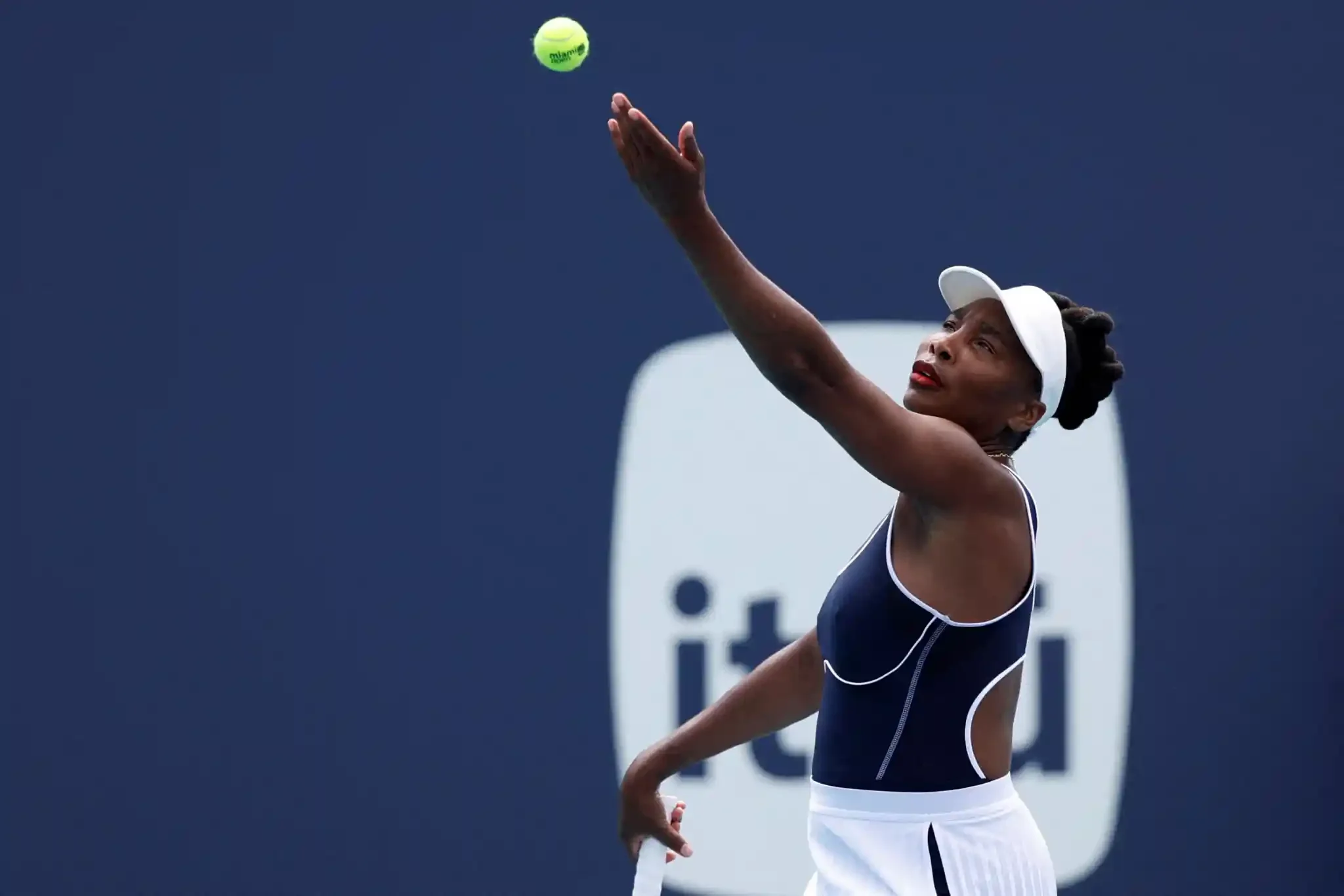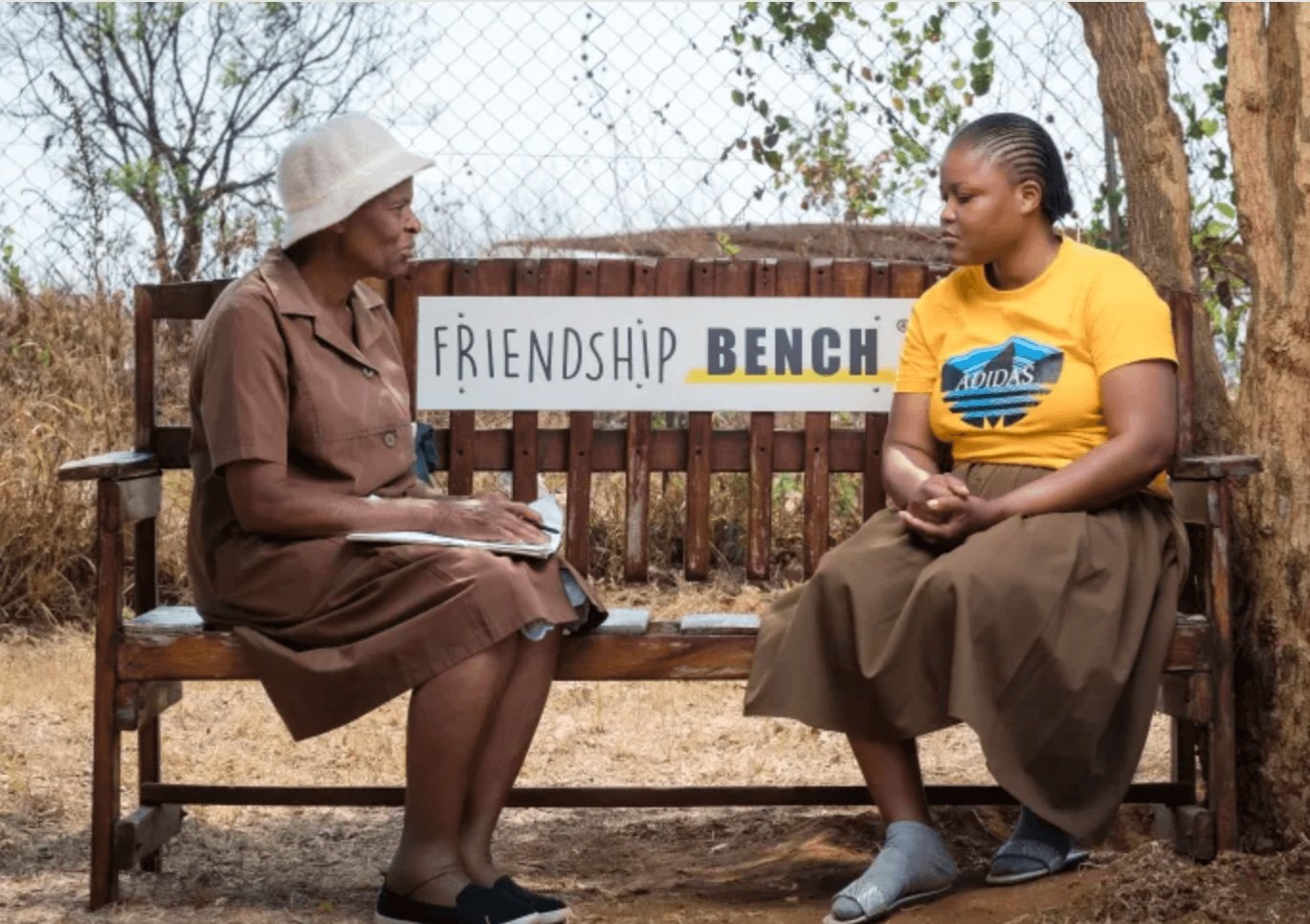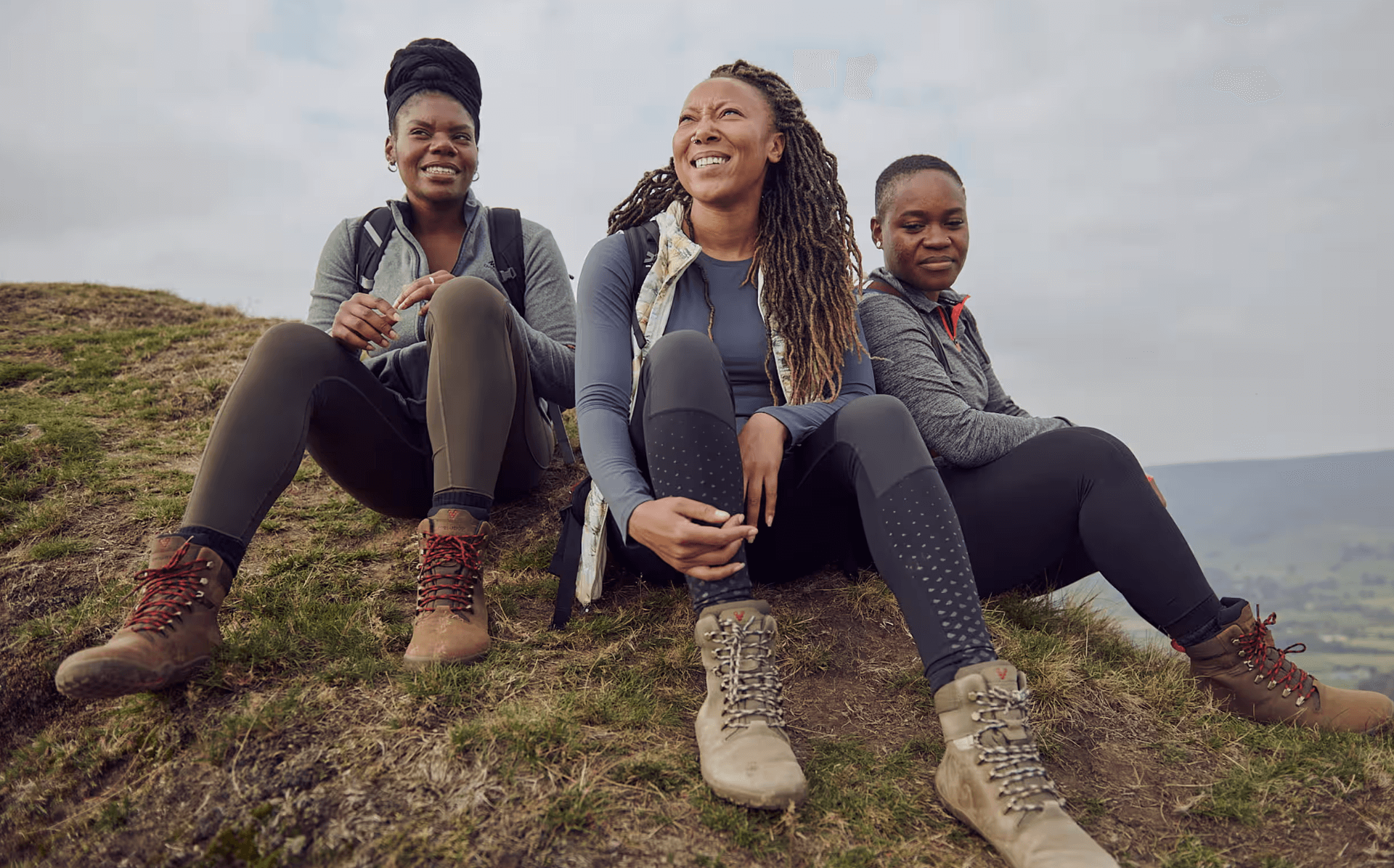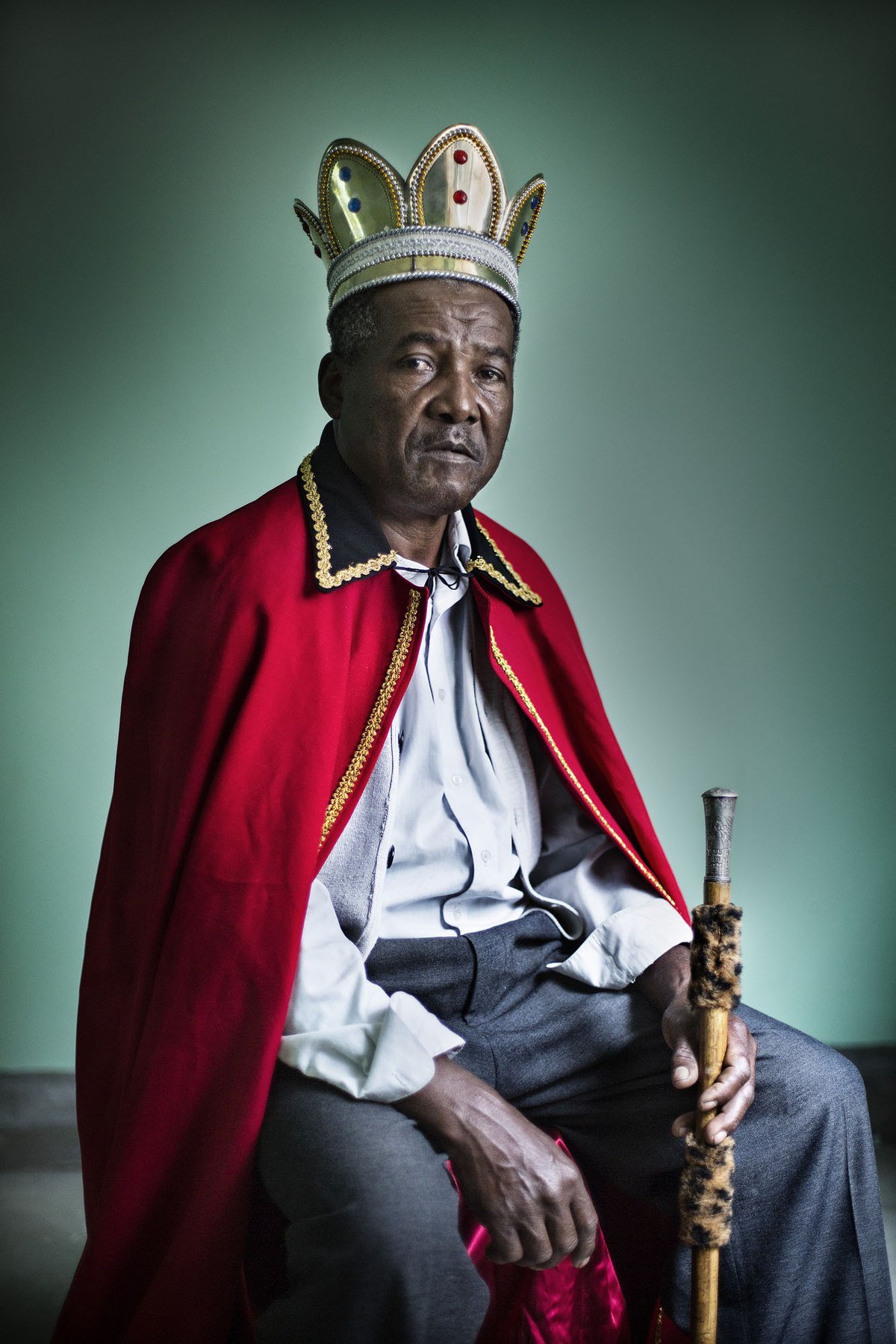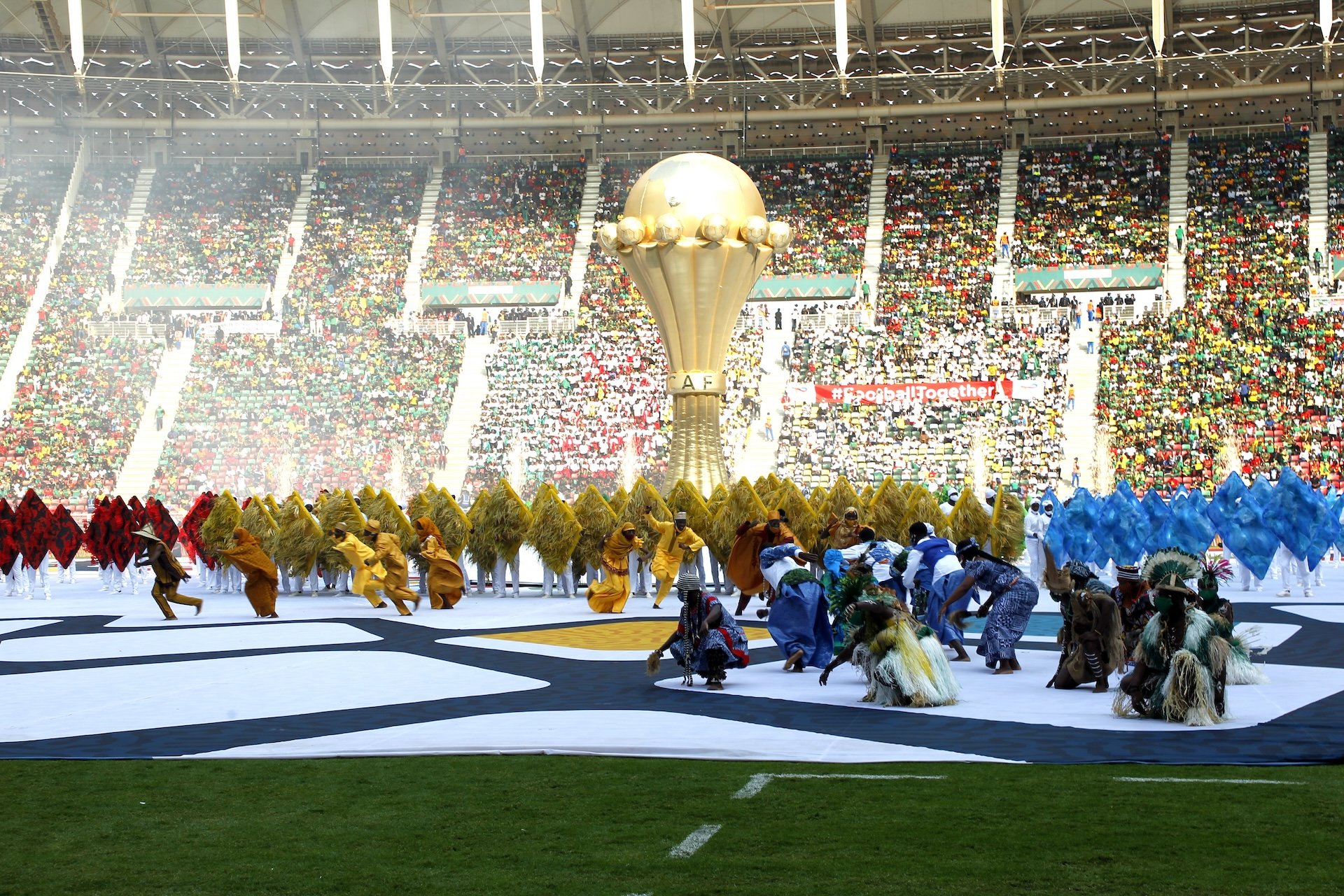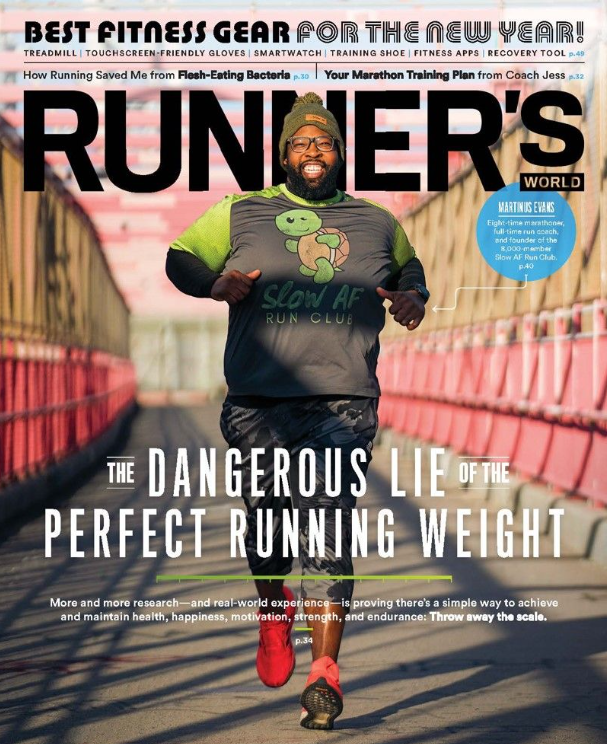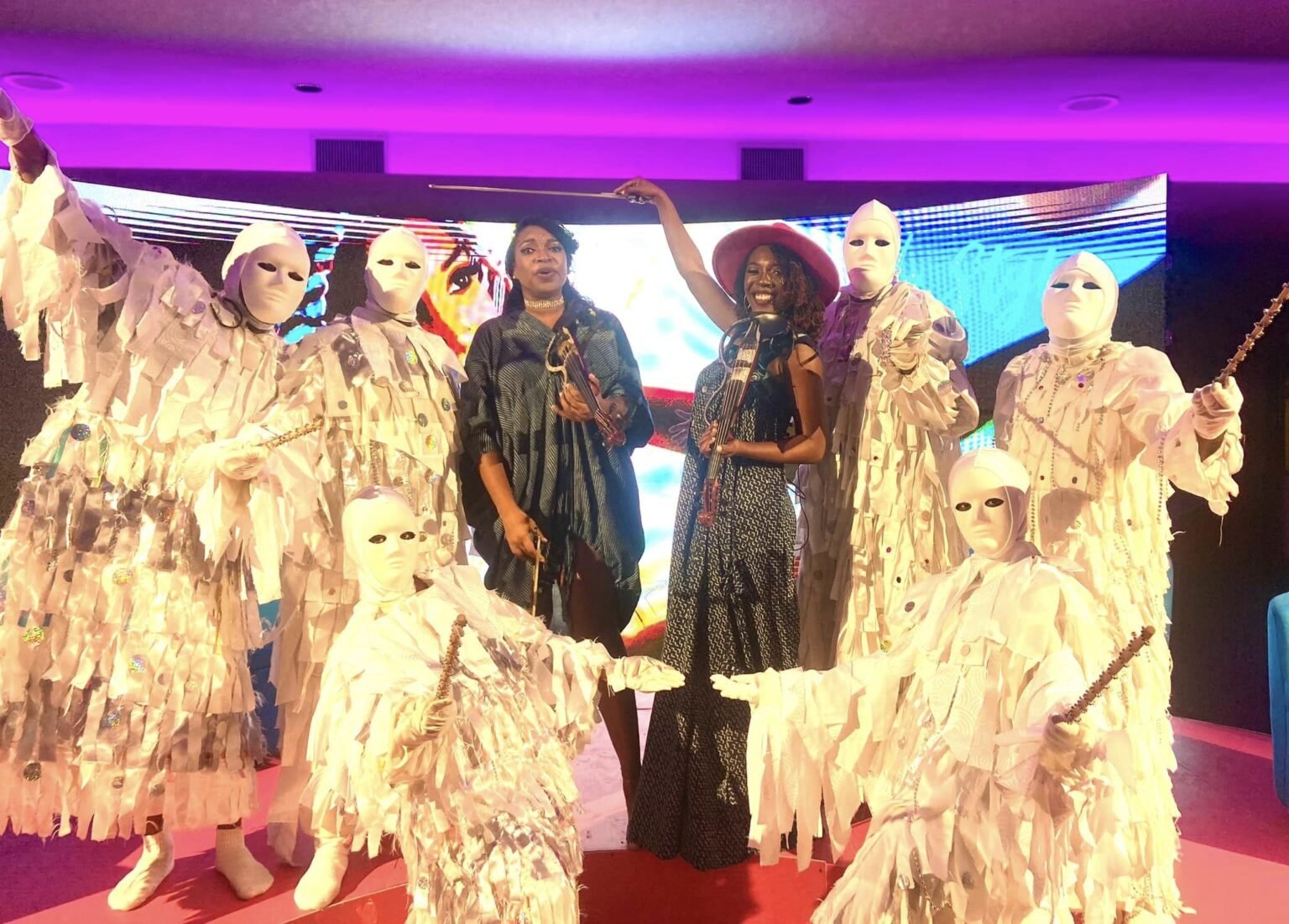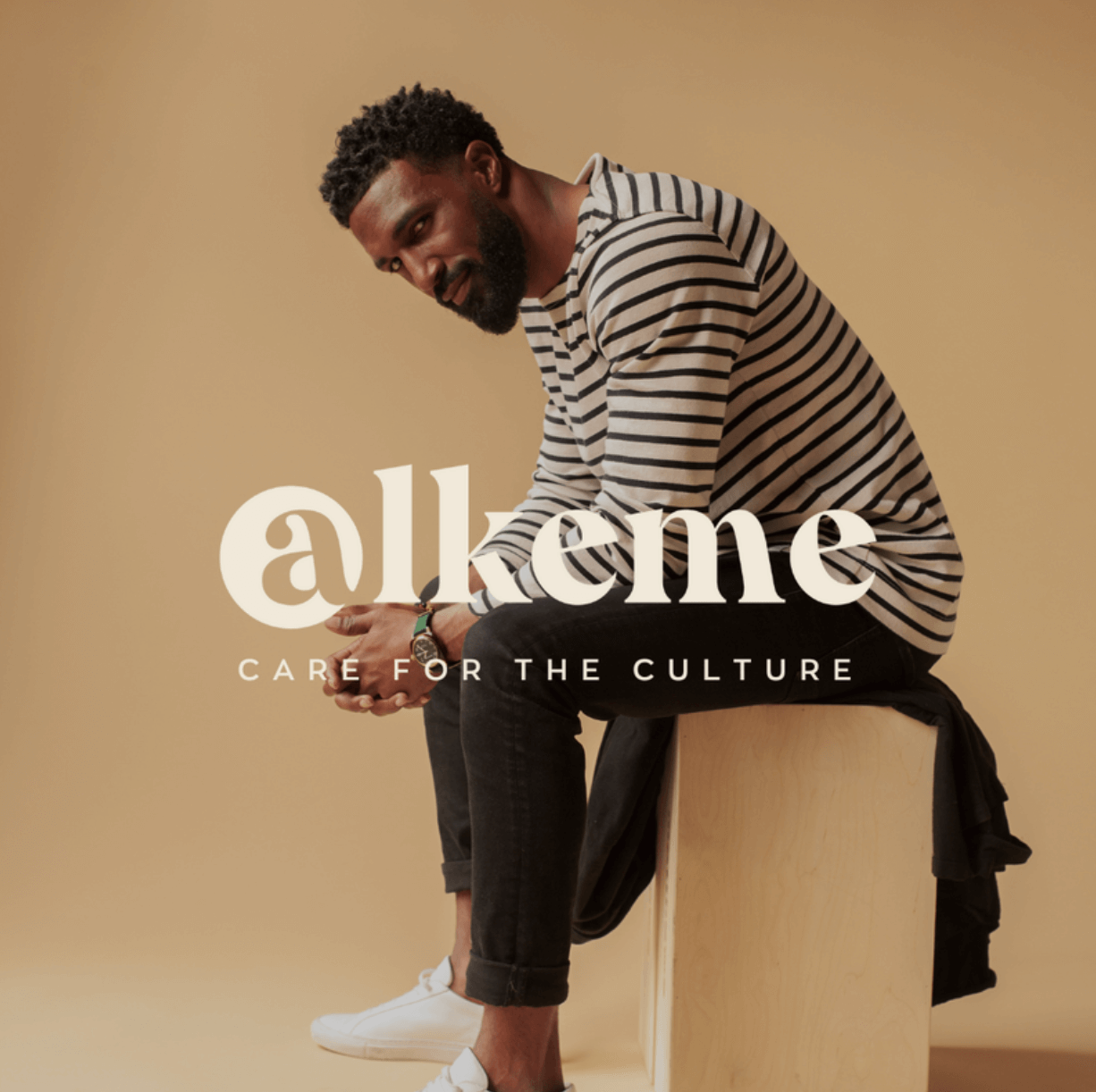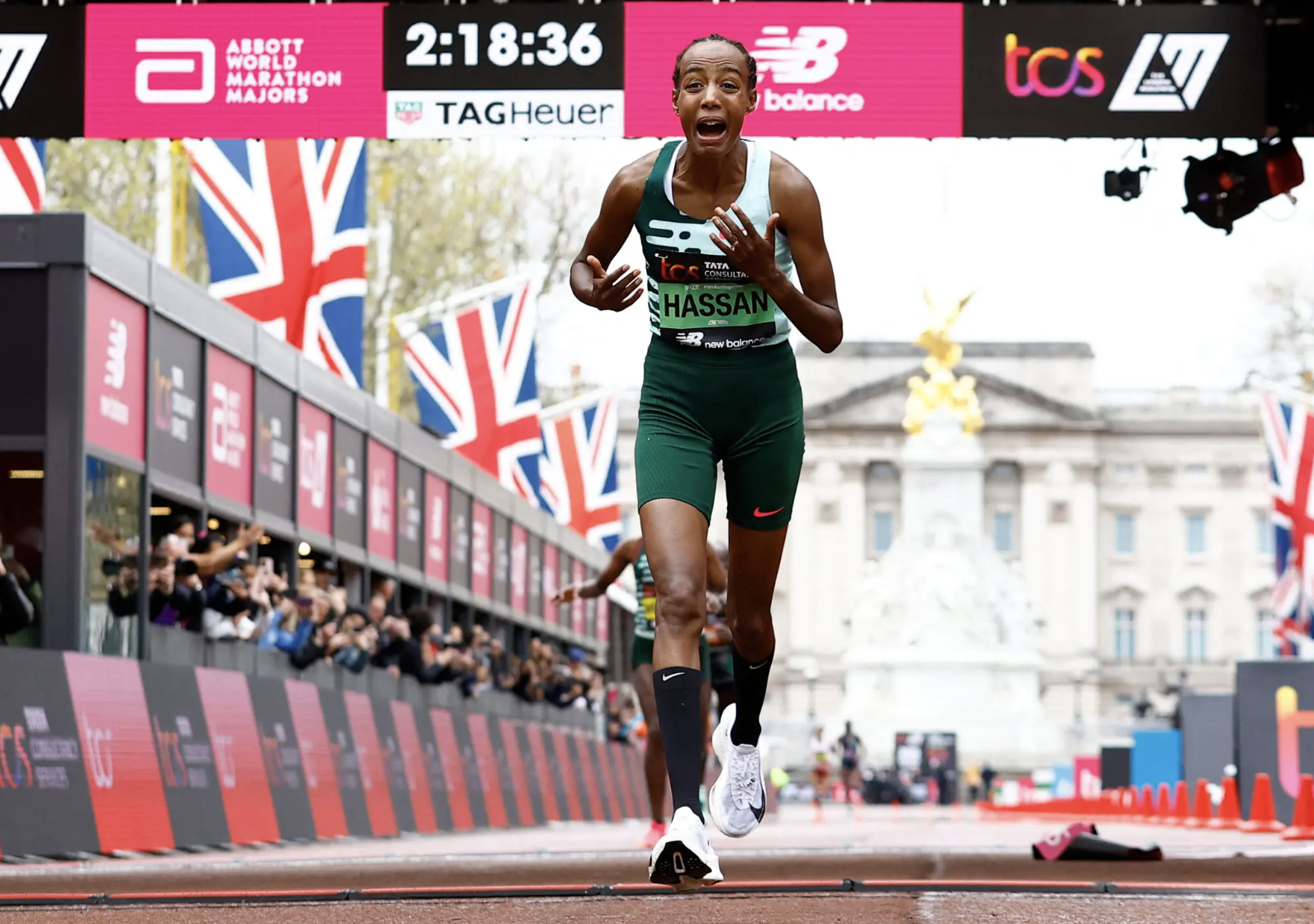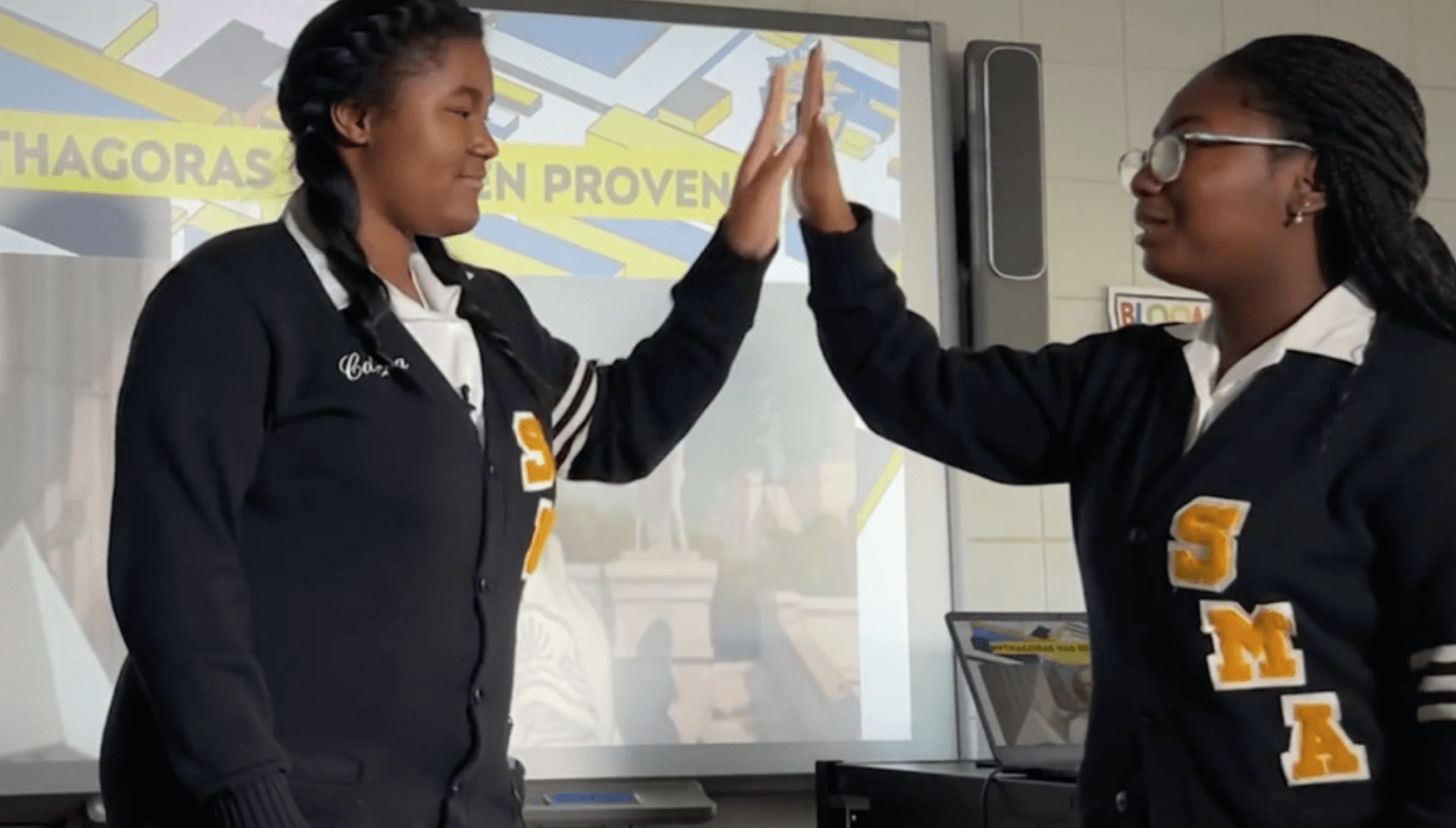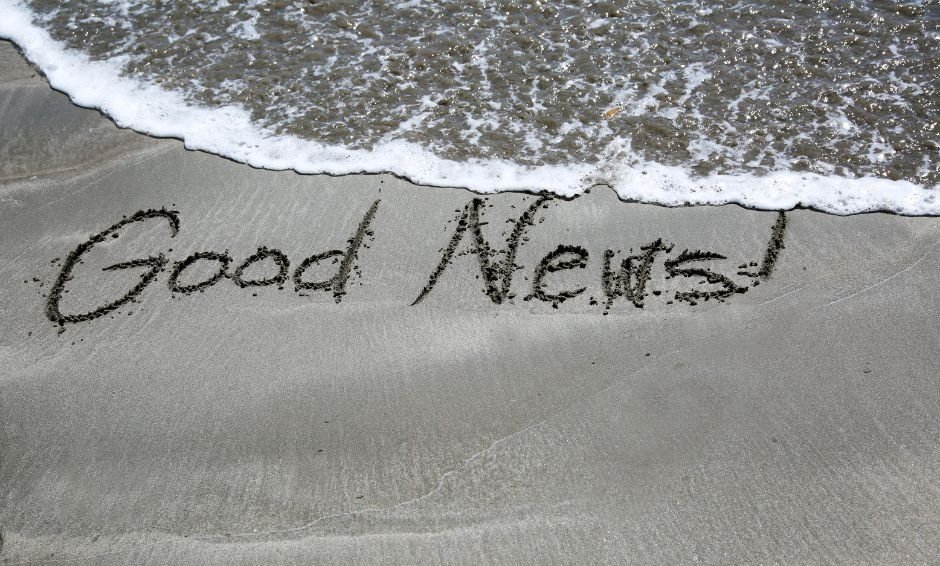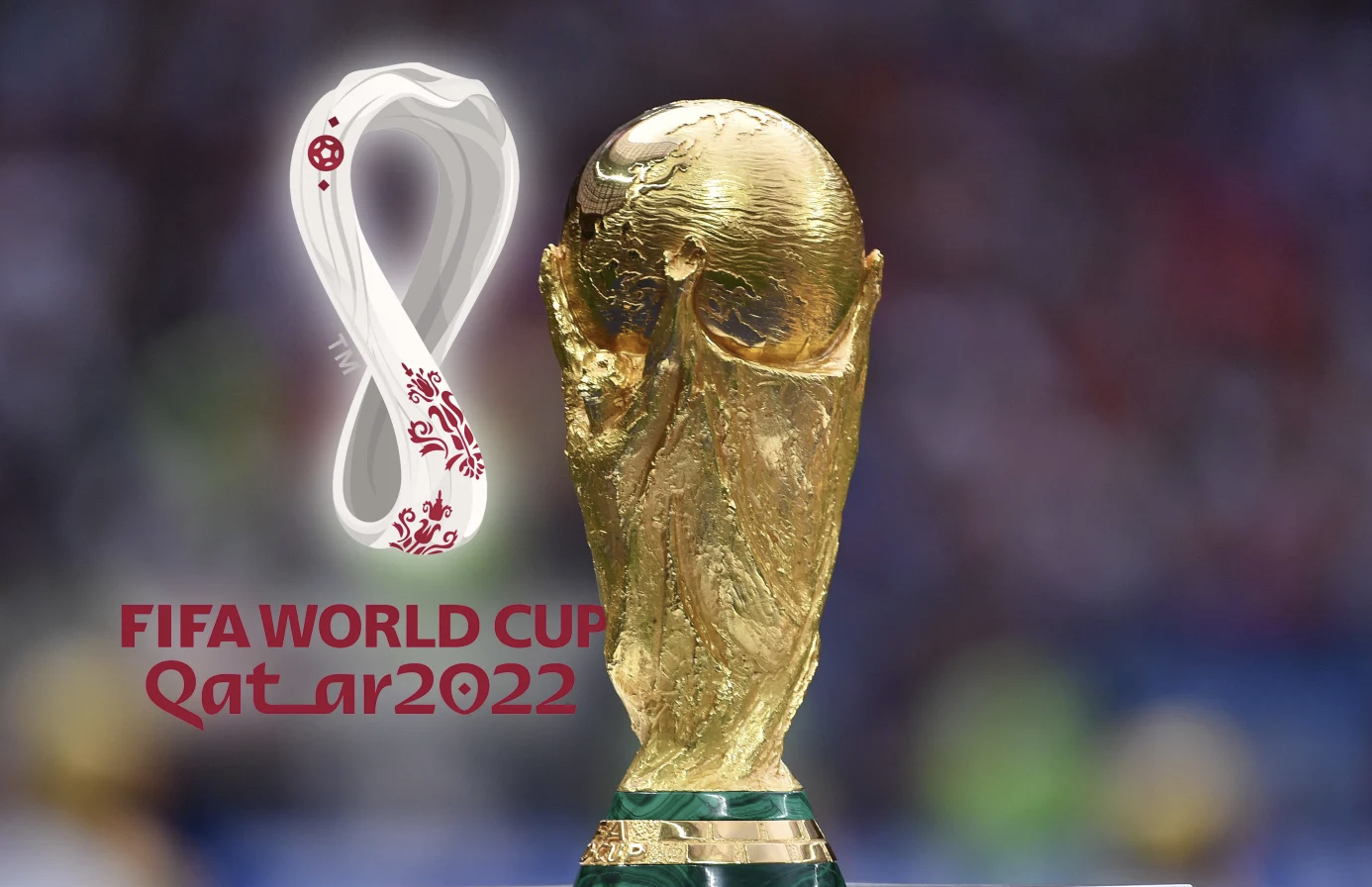Wakanda forever
The time capsule is a collection of articles that were originally published at various times in the past, providing social commentary on a wide range of issues. The stories are prefaced by the author’s reflections drawing parallels to present day trends and developments.
Author’s note: This past weekend Marvel released the long awaited trailer for ‘Black Panther: Wakanda Forever’. Since the tragic and untimely passing of Chadwick Boseman, there has been a lot of speculation on where Marvel and returning director Ryan Coogler would take the storyline for this sequel. While the trailer didn’t really give away too much of the plot, it revealed that the death of King T’Challa would be addressed. As Tems’ beautiful rendition of ‘No Woman, No Cry’ perfectly melds into Kendrick Lamar’s ‘Alright’, it’s hard not to feel a swell of emotion for the return of Wakanda.
The trailer has sparked excitement among Black Panther fans and Black people in particular who, like me, were drawn to the original movie’s refreshing depiction of blackness in film. Among the online commentary, ‘The Daily Show’s’ Trevor Noah described it perfectly saying, "That trailer was amazing! And it was so Black...Black people were celebrating that trailer the same way White people celebrate when Trader Joe's drops a brand-new frozen meal."
As we impatiently wait for November to watch the sequel to Black Panther, I revisited my reflections of that ‘moment’ in time in 2018 when we all came together to celebrate its predecessor’s historic and record breaking release.
I feel obligated to take a moment and add to the ever-growing mountain of praise for the cinematic brilliance that is Black Panther. I will admit that I was initially excited to see this movie, not because I particularly care about comic book heroes (I actually don’t at all), but rather because I loved the snippets of unapologetic blackness I’d glimpsed in the trailers. An Africa-centered storyline that didn’t leave me annoyed or frustrated…could such a thing exist in 2018? I hoped so.
Despite this hope, I will admit that I walked into the movie theater in my dashiki dress more for the culture than with any real expectations of a thought-provoking story. Needless to say, my expectations were significantly exceeded. I LOVED THIS MOVIE!
Exceptional cinematography, music, costume/set design, and all its other deserved accolades aside, I have been most surprised by the conversations this movie has spurred and will inevitably continue to stir up within the diaspora long after the opening weekend hype has died down. The recurring discussions that I’ve since had surround the importance of our individual and incredibly diverse black-identity, and why we, as Africans and more broadly as black people, have such difficulties realizing that we truly are (or should be) a collective. And to muddy the waters even more (in the best way possible), the insertion of Killmonger’s valid and complex perspective into the plot has led to interesting conversations with several of my black American-born friends that have forced me to examine things from a point of view that I typically wouldn’t have considered.
I derived the greatest satisfaction at the movie’s wonderful depiction of Wakanda as a piece of un-colonized Africa. The contemporary African story as told by Western media and entertainment vehicles is almost exclusively either the poverty-stricken, war-torn ‘dark continent’ or a safari adventureland with little else other than wild animals and open savannah. For those of us privileged enough to call it home, this has always been a never-ending annoyance. So being able to watch a version of Africa where women are rampant and thriving in positions of power, and technology and culture are beautifully fused into practical expressions of what makes Africans so unique, gave me so much joy. May this be the start of a refreshing and long overdue trend!
#WakandaForever
The original post was published on christinekwrites.com.
Audaz may collect a share of sales or other compensation if purchases are made through links in this article.
SHOP THE CHANGEMAKER COLLECTION
